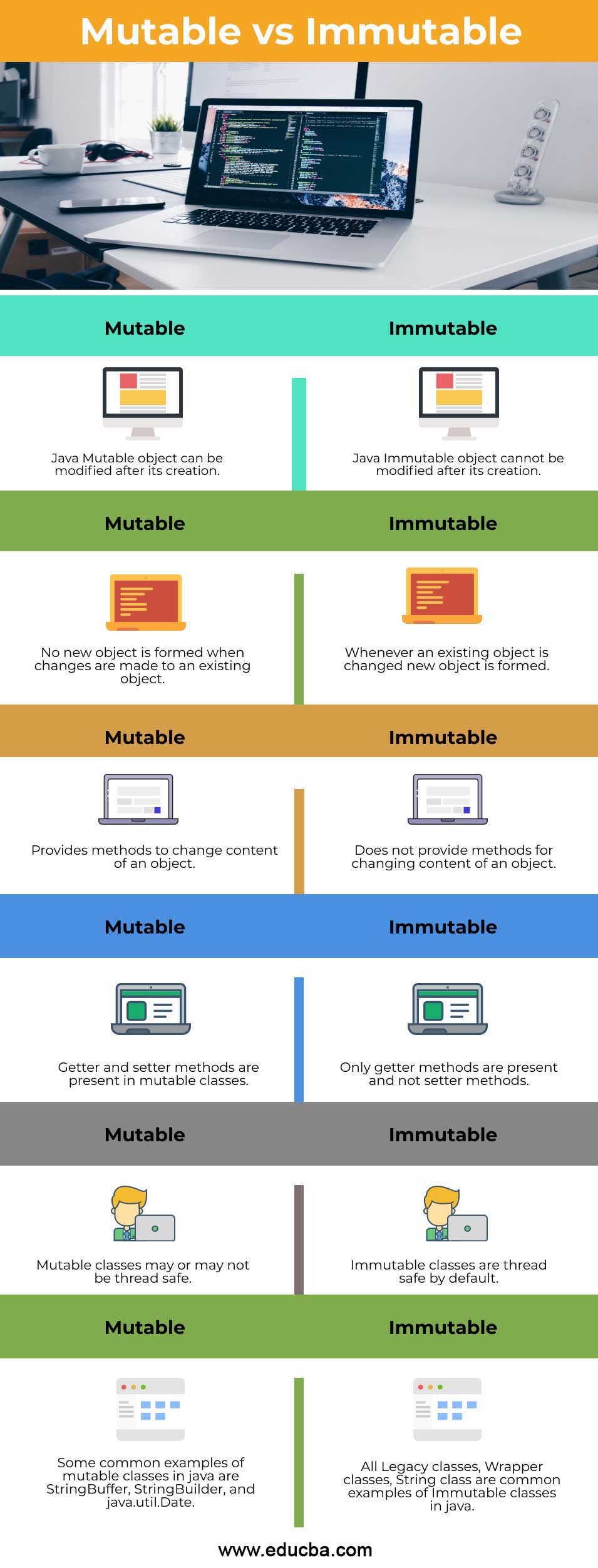Why Are Strings Immutable in Java? Comprehensive Overview for Beginners
Why Are Strings Immutable in Java? Comprehensive Overview for Beginners
Blog Article
What Is Immutable Strings and Just How It Functions
In the realm of programs, recognizing the principle of immutable strings is paramount for producing robust and protected applications. Unalterable strings refer to strings that can not be altered after they are created, making certain information integrity and predictability within the code. This fundamental concept plays an essential role in different programs languages and provides a distinct strategy to dealing with data. By discovering the complexities of how immutable strings work, one can uncover a globe of advantages and possibilities that can elevate the top quality and performance of software growth.
The Essentials of Immutable Strings
Unalterable strings, as an essential concept in programming, are personality sequences that can not be changed when they are created. This suggests that when a string is designated a value, that worth can not be altered. In languages like Python and Java, strings are unalterable things, bring about various effects in regards to memory management and information integrity.
One of the essential advantages of unalterable strings is that they give a complacency in data control. Given that the material of an unalterable string can not be modified, it ensures that the initial information remains undamaged, lowering the risk of unplanned changes during program implementation (Why are strings immutable in Java?). This home likewise simplifies debugging processes, as designers can trust that as soon as a string is defined, its value will not be inadvertently modified
Furthermore, immutable strings help with reliable memory use. When a brand-new string is created based upon an existing one, instead of customizing the initial string, the new worth is saved independently. This approach improves performance by minimizing memory fragmentation and streamlining memory appropriation procedures. In general, comprehending the basics of unalterable strings is critical for understanding programs ideas and enhancing code efficiency.
Benefits of Unalterable Strings
Structure upon the safety and security and efficiency advantages of unalterable strings, their advantages expand to boosting code reliability and simplifying simultaneous shows tasks. By being unalterable, strings can not be customized after creation, which eliminates the threat of unplanned changes in the data they store. This intrinsic immutability makes certain that once a string is created, its worth remains consistent throughout the program's implementation, reducing the possibilities of bugs brought on by unanticipated alterations.
Furthermore, unalterable strings contribute to code integrity by making it much easier to reason about the state of a program. Given that strings can not be altered, designers can trust that a string will constantly hold the same value, simplifying debugging and maintenance efforts. This predictability leads to more dependable and stable codebases.

Execution in Shows Languages
Within numerous programming languages, the unification of immutable strings is a basic facet that affects just how data is handled and controlled within code structures. The application of unalterable strings varies throughout various programming languages, with each language supplying its own devices to support this idea.

In contrast, languages like C and C++ do not have built-in support for immutable strings. Programmers in these languages must manually implement immutability by enforcing policies within their code to avoid important site straight alterations to string objects.
Ideal Practices for Collaborating With Unalterable Strings
When handling immutable strings in shows languages like Java and Python, sticking to finest techniques guarantees effective and secure information control. One of the essential ideal practices is to make use of StringBuilder or StringBuffer rather than directly adjusting strings, especially when taking care of substantial concatenation procedures. These classes offer mutable options for string control, aiding to stay clear of unnecessary memory allowances and improving performance.
Furthermore, when working with delicate information such as passwords or API keys, it is vital to stay clear of saving them as ordinary text in immutable strings. Making use of safe and secure storage mechanisms like char selections or specialized collections for taking care of delicate info aids mitigate security risks linked with unalterable strings.
Real-world Applications and Instances
Exploring useful implementations of immutable strings in numerous sectors discloses their considerable effect on data stability and system reliability. In the healthcare industry, unalterable strings play a crucial function in guaranteeing the safety and discretion of person data. By preventing unapproved alterations to sensitive details such as clinical documents and prescriptions, immutable strings help keep conformity with strict personal privacy policies like HIPAA.
Banks likewise gain from the unalterable nature of strings to boost the protection of consumer information and transaction records. Unalterable strings assist prevent scams and unapproved changes to economic information, providing a robust protection versus cyber risks and making certain the count on and confidence of customers.

Conclusion
Best practices for functioning with unalterable strings consist of avoiding straight adjustments and utilizing methods that return new string items. Real-world applications of immutable strings consist of data encryption, caching, and string manipulation tasks.
Immutable strings refer to strings that can not be modified after they are developed, guaranteeing information integrity and predictability within the code. When a brand-new string is developed based on an existing one, instead than modifying the original string, the brand-new worth is stored independently.In languages like Java and Python, strings are immutable by default, indicating that when a string things is developed, its worth can not be transformed - Why are strings immutable in Java?. Finest methods for functioning with unalterable strings include staying clear of direct modifications and utilizing techniques that return new string items. Real-world applications of immutable strings include data encryption, caching, and string adjustment tasks
Report this page